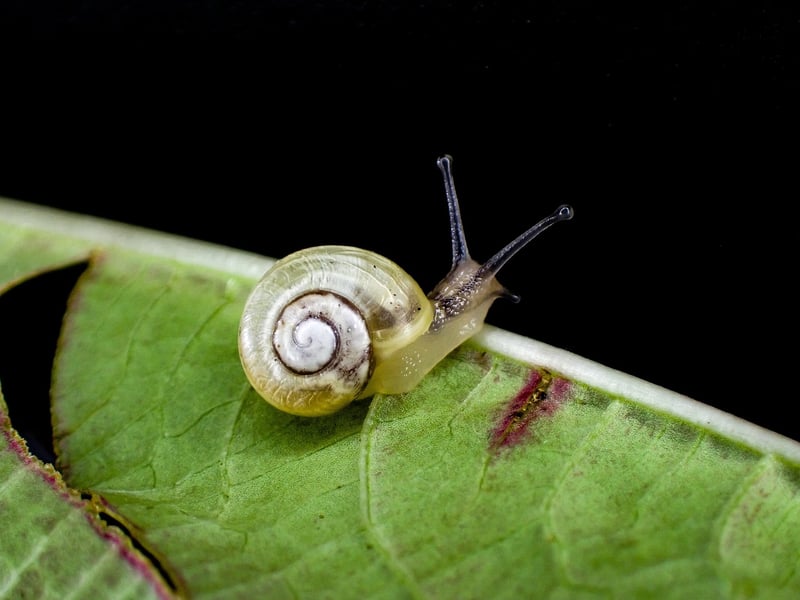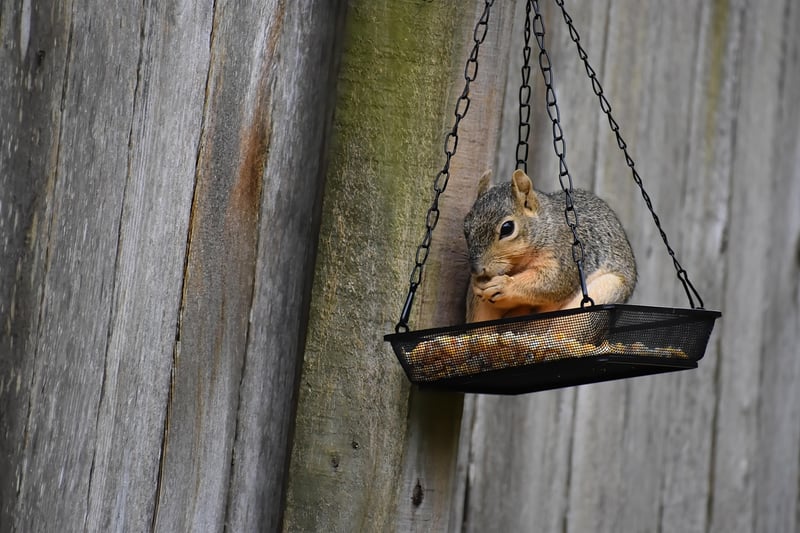Rodent Deterrents
#Organic Pest Control
#Bug Repellents
#Rodent Repellent
Dealing with Garden Pests and Rodent Deterrents
Garden Pests: Identification and Control
Garden pests can wreak havoc on your plants if left unchecked. Identifying common pests and implementing control measures can help protect your garden.
Common Garden Pests:
- Aphids: These small insects feed on plant sap, causing leaves to yellow and distort.
- Slugs and Snails: These mollusks can devour young seedlings and leaves.
- Caterpillars: Caterpillars can munch through foliage, causing extensive damage.
- Spider Mites: These tiny pests can suck sap from plants, leading to discoloration and wilting.
Control Measures:
- Natural Predators: Encourage beneficial insects like ladybugs and lacewings that feed on garden pests.
- Handpicking: Remove pests like caterpillars and slugs by hand to reduce their numbers.
- Neem Oil: Use neem oil as a natural pesticide to control aphids and other pests.
- Companion Planting: Plant pest-repelling herbs like basil and marigold alongside susceptible plants.
Rodent Deterrents for Your Garden
Rodents like mice and rats can also pose a threat to your garden by feeding on plants and causing damage. Implementing rodent deterrents can help protect your garden.
Effective Rodent Deterrents:
- Wire Mesh Fencing: Install wire mesh around garden beds to prevent rodents from accessing plants.
- Natural Predators: Encourage predators like owls and snakes to help control rodent populations.
- Peppermint Oil: Rodents dislike the smell of peppermint oil, so using it as a repellent can deter them.
- Ultrasonic Repellents: Use ultrasonic devices that emit sound waves to deter rodents from the garden.

By identifying garden pests and implementing control measures, as well as using effective rodent deterrents, you can safeguard your garden and enjoy a thriving, pest-free outdoor space.
Remember to regularly inspect your garden for signs of pests and rodents to address any issues promptly.
